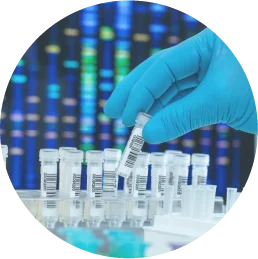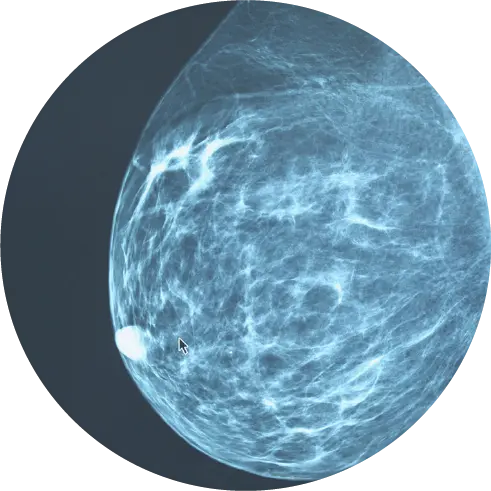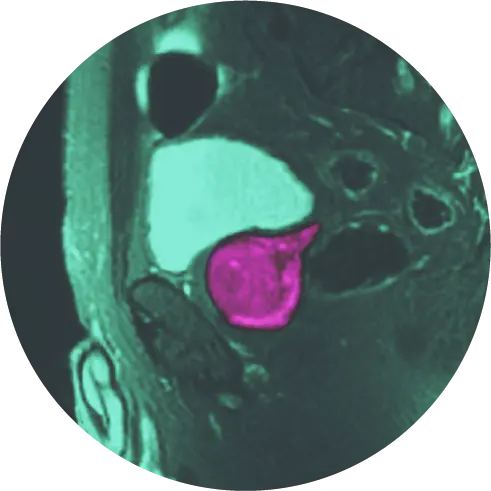What does your healthcare look like today?
You might have a primary care provider. If you deal with certain conditions – for instance, issues with your heart or lungs – you might see a specialist such as a cardiologist or pulmonologist.
Chances are, there’s room for improvement.
Disease specialists often treat patients after being diagnosed with a certain condition. This reactive approach has long been the norm due to several factors: insurance delays or denials for needed tests or procedures, ineffective and outdated diagnostics, and limited healthcare resources. You may also know someone who avoids doctors’ visits until their symptoms are severe. (If that someone is you, you’re not alone!)
That’s why healthcare experts are searching for what truly works for doctors and their patients.
For Dr. Chris Hancock, a board-certified neuroradiologist at HALO Diagnostics, the answer is clear: detecting diseases sooner by taking a proactive approach to healthcare. Multiomics uses artificial intelligence (AI) and machine learning (ML) to do just that – predicting future disease and discovering disease in its earliest stage.
What is Multiomics?
Multiomics is likely new to you, and with good reason: It’s bringing the future to today’s medicine. The term itself comes from some “omes,” or complete sets of information, that you might know such as the genome and microbiome.
These data are many – and they’re quite complex.
“The human genome, for instance, maintains approximately three billion base pairs while the proteome has been estimated up to six million protein species,” Dr. Hancock explains.
These “pairs” and “species” are biomarkers, or substances that, when present in our bodies, can indicate disease. For example, genomic biomarkers can measure qualities of your DNA and / or RNA, including the process of early or future disease.
How Multiomics Can Help
Now that you know more about multiomics, let’s talk about how it can help.
AI and ML combined with multiomics is an especially powerful way to predict and diagnose dementia. Studies show that diseases leading to dementia are often misdiagnosed or delayed in their diagnoses, including Alzheimer’s, vascular disease, Parkinson’s, Huntington’s, and more. But, with multiomics and AI/ML, doctors can reduce the time to diagnosis and the accuracy of their diagnostics.
“Multiomic analyses, developed and processed on powerful computer systems, allow clinicians to predict future disease states and expose initial stages that are otherwise occult to the human eye,” says Dr. Hancock.
Today, some of the biomarker tests used to diagnose dementia include polygenic risk scores, 3D MRI brain imaging, app-based voice recording analyses, visual motor skills testing, and neurocognitive testing.
Focus on the Future
Where do we go from here?
For physicians like Dr. Hancock, the goal is to improve multiomics – for better data, better tests, and ultimately, better healthcare.
Let Us Help
HALO Diagnostics is focused on your unique healthcare journey – from detection and diagnosis to prognosis and treatment. Schedule a consultation with us to learn more about our services and preventive, precision-focused approach to healthcare.
References
Bersanelli, M., Mosca, E., Remondini, D. et al. (2016). Methods for the integration of multi-omics data: Mathematical aspects. BMC Bioinformatics. Published online January 2016.
Ponomarenko, E., Poverennaya, E., Ilgisonis, E. et al. (2016). The size of the human proteome: The width and depth. International Journal of Analytical Chemistry. Published online May 19, 2016.
Waldman, S.A. & Terzic, A. (2019). Healthcare evolves from reactive to proactive. Clinical Pharmacology & Therapeutics. Published online December 29, 2018.




